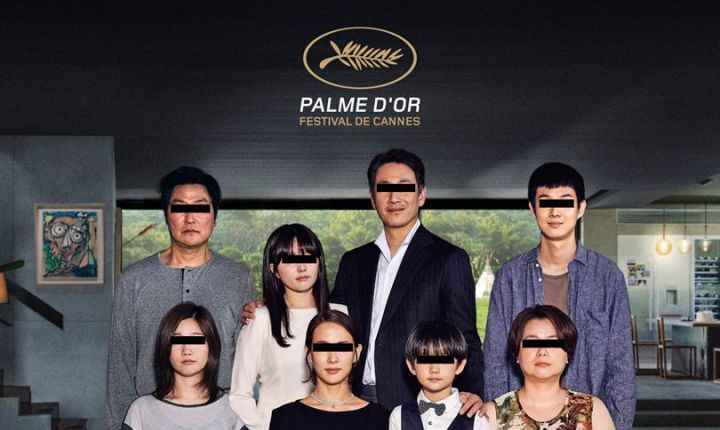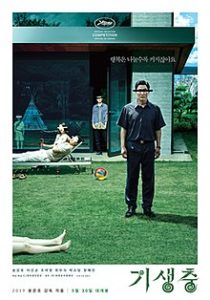Arab Blues (Un Divan a Tunis)
A tart surprise, biting into this satiric comedy, one that made me wonder what the Tunisian authorities thought of it. I gather the film was largely financed in France.
Selma (Golshifteh Farahani of Paterson and Rosewater) was born in Tunisia but raised in Paris. Now a psychotherapist, she comes back to Northern Africa after the 2007 revolution to start a practice in the rooftop apartment of a building belonging to her high-strung aunt and alcoholic uncle, parents to a rebellious teenage daughter. Her family isn’t entirely happy to see her—her uncle says they have God in Tunis, so why do they need talk therapy, while her cousin is just pissed off because she wanted to escape to Paris to live with Selma.
Selma is quietly confident, sure of her mission to help people, and not discouraged by either her family nor the bureaucratic nightmare she faces when she tries to open a medical practice in Tunis. She can see the need: a local salon-owner, an Imam, and a man who wants to crossdress are but a few of the patients streaming through her door, along with a dogged cop on her case about her licence.
The film, a debut from writer-director Manele Labidi Labbé, is charming, frequently hilarious, and at one point threatens to become a romcom, but it has too much on its mind to settle in that safe zone. It wouldn’t be unfair to compare the jabs Arab Blues takes at Tunisian and Islamic patriarchal attitudes to some of Asghar Farhadi’s investigations into Iranian society—Farahani starred in his About Elly in 2009—though Labbé’s approach is altogether more casual and light-footed.
Parasite (Gisaengchung)
Riding into the festival anointed with the 2019 Cannes Palme d’Or, a unanimous vote no less, I’m not sure the picture could come with higher expectations. That’s not to say I’ve loved every Palme winner—I’m still scratching my head over Uncle Boonme Who Can Recall His Past Lives, and I was lukewarm over last year’s Shoplifters from Japan.
Parasite starts with some similarities to Shoplifters, but imagine if that picture was directed by Quentin Tarantino—you will not see where this is going.
South Korean auteur, Joon-ho Bong (Snowpiercer, Okja), tells the story of a family living under the poverty line and even underground, in a grimy industrial basement. They’re a cunning bunch, though, and when the son gets the opportunity to apply for a job tutoring English to the daughter of a wealthy family, he falsifies his credentials and ingratiates himself.
Before long his sister, father, and mother have all found a way into this ultra-modern household, taking advantage of the wealthier family’s gullibility. There’s a sucker born every minute, and some of those suckers are born into money, but the filmmakers won’t allow you the luxury of sympathy for anyone onscreen.
More than that I won’t share, because the key joy here is the unpredictable plot corkscrew—this is a tar-black class comedy, social commentary bleeding from every scene. It’s all deftly pitched, unexpected, and surprisingly sour in places. Joon-ho Bong’s storytelling skill is dagger sharp, and his film finds everyone culpable in the pursuit of wealth and status, including the audience.












